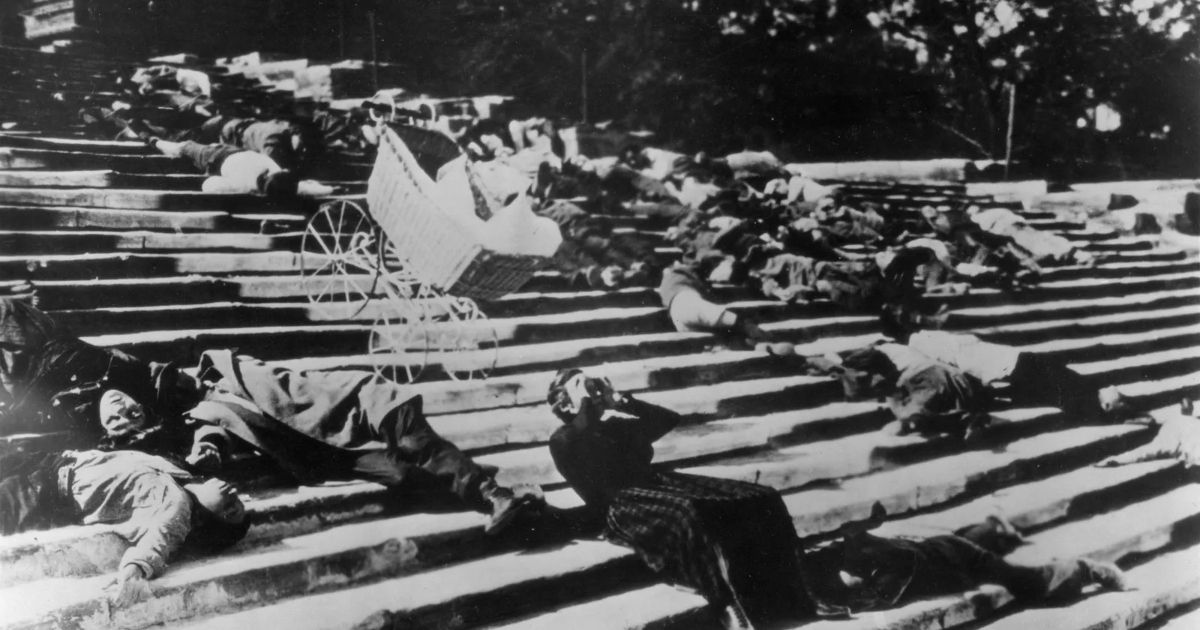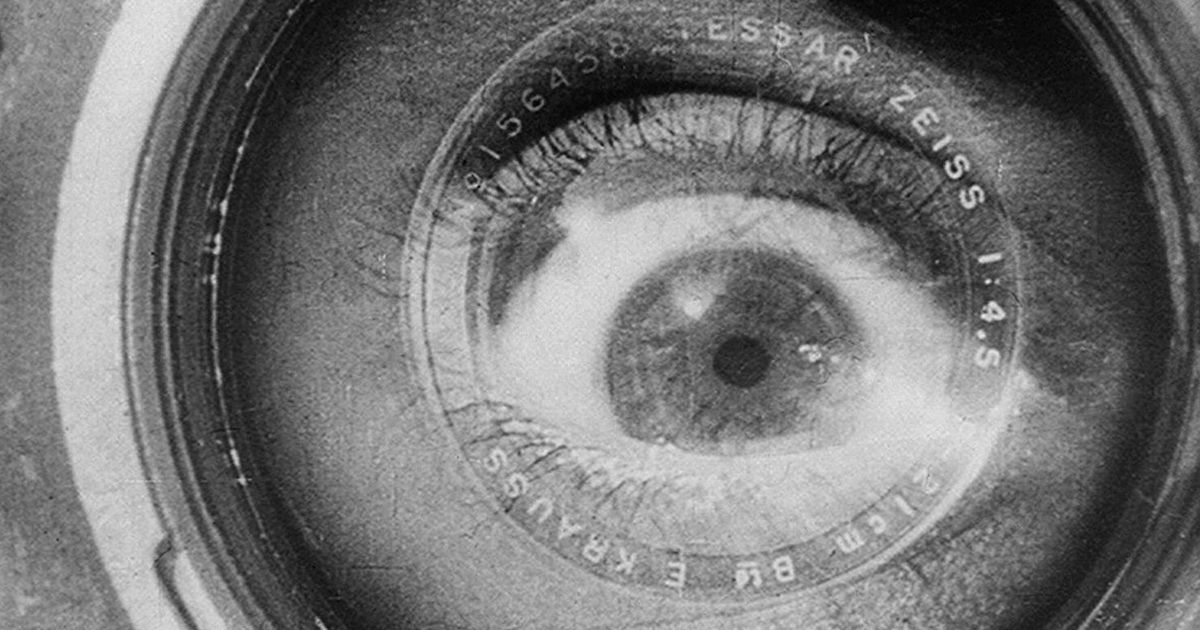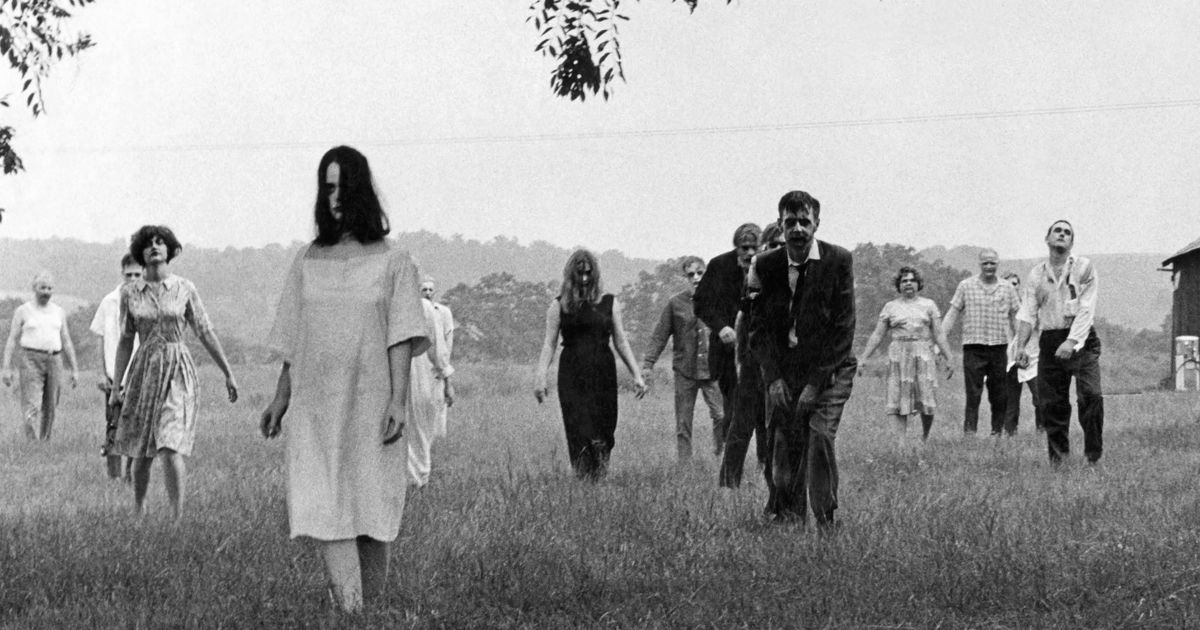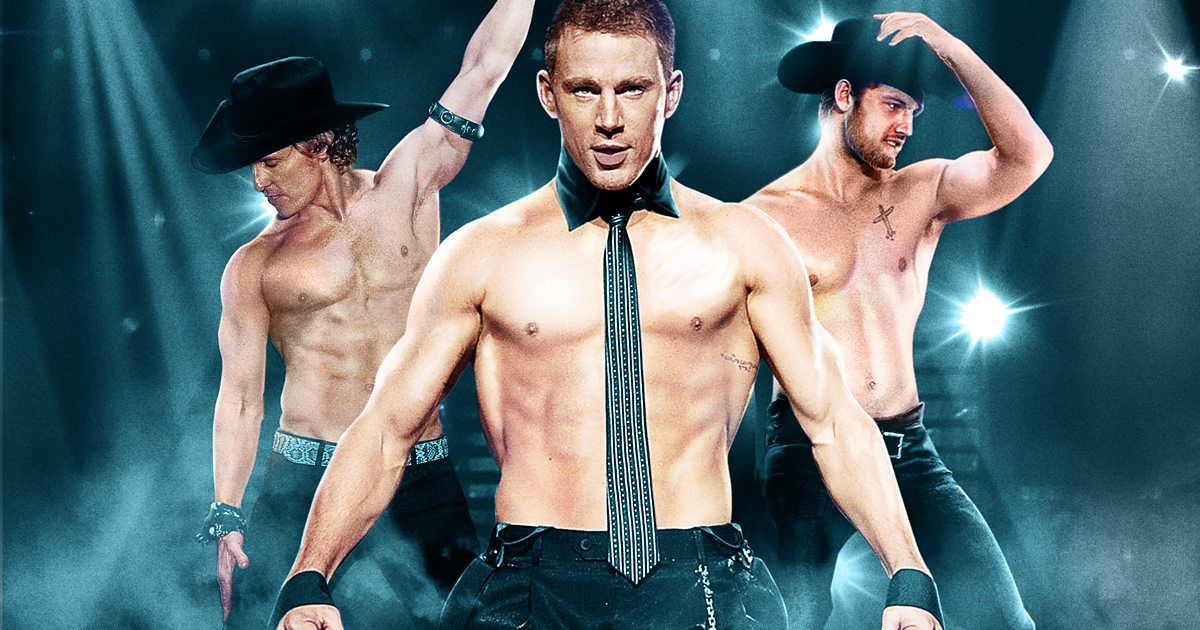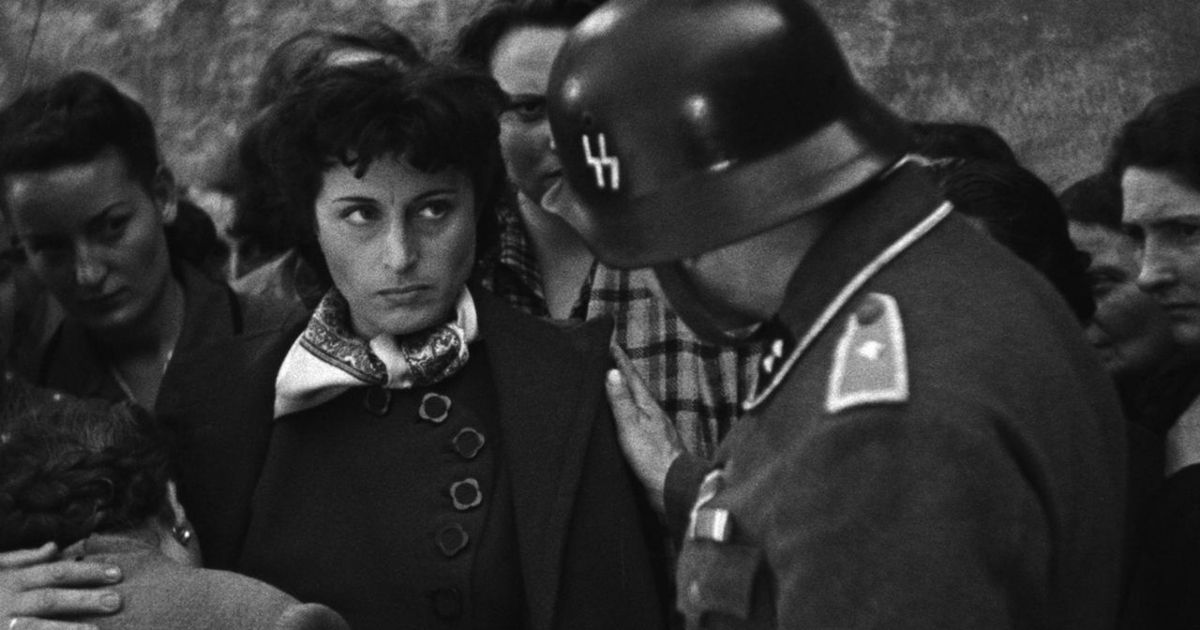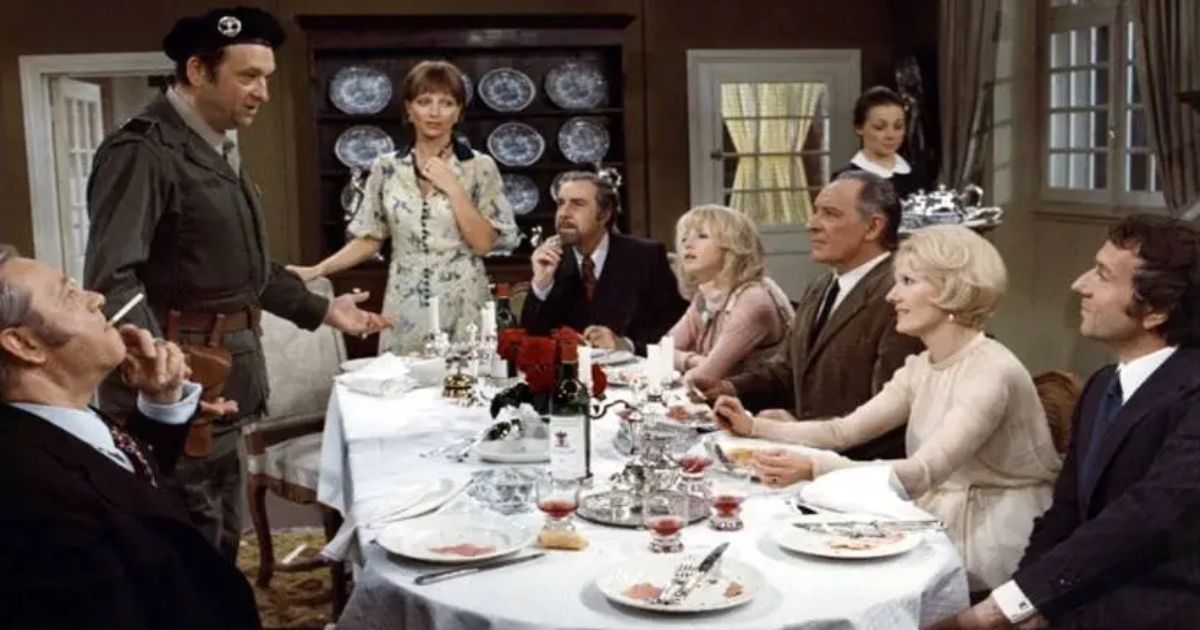Movies and Marxism go way back. From the experimental masterpieces of Soviet filmmakers like Dziga Vertov and Sergei Eisenstein to the radical political statements of the French New Wave, through the anti-establishment energy of Hollywood in the '60s and '70s, an affinity for working-class underdogs (and a joy in satirizing their decadent oppressors) has been a running theme in movie history.
As the United States moves from a GoFundMe healthcare model to one more reliant on the kindly exploitation of social media influencers, surrounded by crumbling infrastructure and defunded social services as a handful of deeply unqualified people hoard literally nonsensical sums of money, now is as good a time as any to return to these urgent and insightful movies.
Below we take a look at a small, representative sample of these films. Some are more dogmatic than others, but they all speak up for human dignity in the face of the almighty dollar, and are must-sees for any movie fan, regardless of their ideology.
6 Man with a Movie Camera
Directors like Man with a Movie Camera’s Dziga Vertov seized on the Marxist concept of the dialectic (the tension between two competing ideas resulting in a third, more advanced idea) in order to create a structure for movies that breaks from earlier traditions developed for the stage.
As a result, these early Soviet movies, like Man with Movie Camera and Sergei Eisenstein's Battleship Potemkin and Strike, are startlingly original, using film language to strive toward moments that no art form had ever achieved. Man with a Movie Camera is perhaps the most radical example of this, taking the montage technique of combining images in time to create unspoken meaning, and it consistently ranks among the best films ever made.
5 Night of the Living Dead
What better metaphor for the mindless consumerism that drives modern day capitalism than the zombie. Director George Romero seized on this idea with 1968’s Night of the Living Dead, and would return to it often throughout his career. 1978’s Dawn of the Dead and Zack Snyder’s 2004 remake, with their shopping mall setting, are perhaps the most overt examples of this critique, but the well-justified paranoia of his first film, combined with its independent production and progressive racial politics for the time, sets it apart.
4 Magic Mike
Almost any Steven Soderbergh movie could be included in this list, from his two-volume biography of Che Guevara, Che, to the zany romp of Schizopolis, whose very title comes from the early Marxist masterpiece Metropolis. The finest mixture of his anti-capitalist ideology and stylishly offbeat aesthetic, though, is the Magic Mike series.
The commodification of every aspect of our lives, down to our very bodies, becomes so insidious in Magic Mike that the characters avidly do it to themselves. As we move deeper and deeper into the social media era of self-exploitation, Soderbergh’s insights into the way money corrupts looks more and more prescient.
3 Rome, Open City
Roberto Rossellini’s 1946 masterpiece depicts its central character, Giorgio, as he travels through Rome, working to collaborate with Resistance fighters during the Nazi occupation of the city.
Like most Italian Neorealist films, Rome, Open City is invested in the daily life of working-class people, capturing the beauty and simplicity of their lives even as the growing power of global capitalism becomes ever more clearly the source of their miserable conditions. Italian Fascism was born as dream of merging the state with corporations, so it’s only fitting that Italian directors like Rossellini and Luchino Visconti would be among the first most vocal opponents.
2 The Discrete Charm of the Bourgeoisie
This 1972 surrealist film directed by Luis Buñuel features a group of wealthy political operatives attempting to have dinner. Buñuel ceaselessly interrupts this meal with increasingly strange events, from an impromptu funeral in the back of a restaurant to a full military incursion into the character’s luxurious dining room.
Violence, revolution, and crime. In keeping with the savage satire of the movie, Buñuel once told a reporter at Newsweek that his favorite characters in the film were the cockroaches. Watching the film, it’s hard to argue with him.
1 Sorry to Bother You
Boots Riley’s directorial debut, Sorry to Bother You, is a surreal, hilarious satire aimed at the absurdities of modern life under the thumb of the almighty dollar. As with Buñuel, the absurdities of modern reality seem to necessitate an increasingly unhinged approach to even account for them.
When the world’s richest man is begging for political insights from an entity known only as “catturd,” the former President of the United States is publishing imaginary trading cards depicting him as a superhero, and many, many, many people are actively upset by the shoes worn by the animated representation of an M&M, it’s hard to exaggerate just how unhinged the current moment is. Riley, though, gives it his best shot by rapidly ramping up the madness of his film's world.

